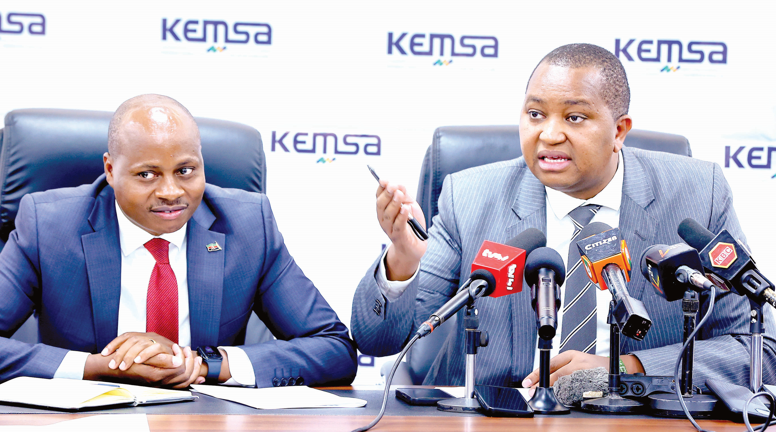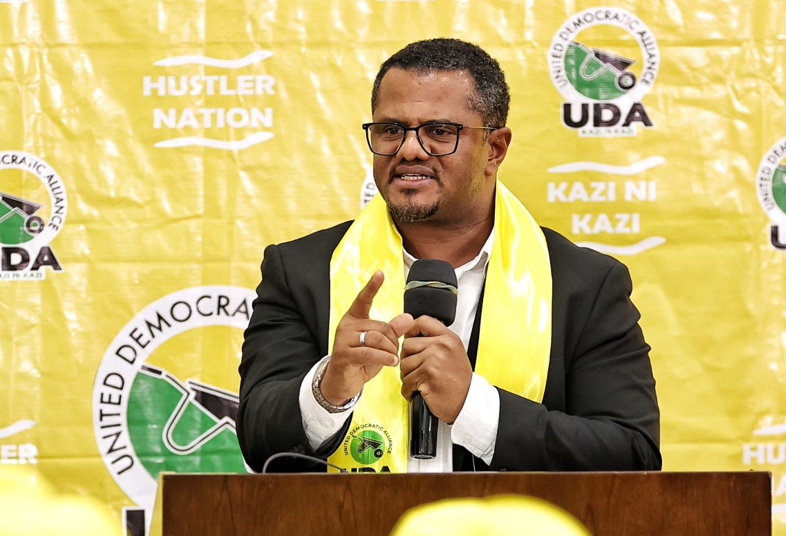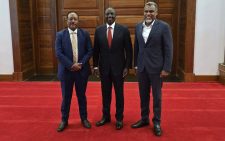Drugs scarcity fear as KEMSA runs broke

The country could be staring at acute shortage of critical medicine and other medical supplies in the coming months after Kenya Medical Supplies Authority (Kemsa) revealed that it has an estimated pending bills amounting to Sh3.2 billion.
Kemsa blamed the cash crunch on National and County governments, which it accused of failing in their obligations to the agency, especially during the Covid-19 pandemic in 2020.
County governments, which are the major clients and have been procuring medical supplies directly from Kemsa collectively owe the agency approximately Sh6 billion. The agency singled out four counties with huge debts amounting to Sh464 million which include Nairobi (Sh235 million), Homa Bay (Sh104 million), Kakamega and Taita Taveta with Sh66 million and Sh59 million, respectively.
In the supplementary budget for the current Financial Year, Kemsa had requested Sh5 billion from the government but the National Treasury has only disbursed Sh3 billion.
“There was a big hit to Kemsa by Covid-19 procurements which ate into its capital to the tune of Sh3.5 billion. That is why we are talking about recapitalising Kemsa at the very least to recover the money that had been taken away by those procurements. We requested for funding o
f Sh5 billion but so far we have been given Sh2 billion,” said Kemsa Board chairman Irungu Nyakera.
“Currently we owe our suppliers about Sh3.2 billion while our debtors owe us about Sh6 billion. Meaning if our debts are cleared we will be able to pay our suppliers and still have money for other operations,” he added.
Bills are from recent transactions between the agency and counties.
The agency is also relooking into its internal expenditure, where it targets to lower the cost of transport from Sh1 billion to Sh600 million annually where the savings will be channeled to the purchase of more drugs that are in high demand.
The deepening financial woes have slowed down Kemsa which is racing to grow its order fill rate from the current 62 to 80 per cent by next month by stocking fast-moving drugs classified as Class A.
According to Nyakera, the order fill rate was initially stuck at 30 per cent, denying the agency the business of supplying drugs to counties due to the shortages in its stock.
“For long the stock in Kemsa comprised slow-moving drugs and dead stock. Since suppliers were not being paid they had cut their supplies. In turn, counties were not paying because Kemsa was not stocking the drugs they needed then,” Nyakera said.
He explained a raft of measures his eight-month-old Board has implemented since assuming office to improve operations which majorly targeted the procurement department.
He revealed how the Board recently canceled some tenders at the last-minute after it identified irregularities that had passed unnoticed even by the Public Procurement Regulatory Authority (PPRA).
“Internal audits are done regularly and reports are submitted to the board, not the management. When the tender process worth about Sh5.4 billion across all the products that Kemsa supplies was concluded, the board wanted further assurance. What went right and what went wrong, and the things that have gone wrong, can they be reversed?” he asked.
He added: “When we were satisfied that the tender was right we commissioned it and got the report about two weeks ago. However, a few irregularities were pointed out including companies not paginating their tender documents or a company that did not pass the technical level being awarded. Other companies were being given tenders higher than the budget, but all those dealings have been terminated.”
Nyakera stated that the officials of the affected companies were called to respond to those tender queries, adding that anything that was irregular did not sail through and the agencies in the next two weeks all non-responsive tenders will be re-advertised.
After the shady tender deals implicating officials at the procurement department, Kemsa ordered its director Gilbert Mamati, who was in an acting capacity for four years to step aside to independently respond to the audit queries.
Board also instigated reshuffles in all the departments immediately targeting those who had stayed at one station for long.
Further Nyakera said the Board has commenced the process of formally recruiting a substantive Procurement Director so to enable them enjoy continuity of opera-tions and long-term planning due to the security of tenure of the prospective official.








